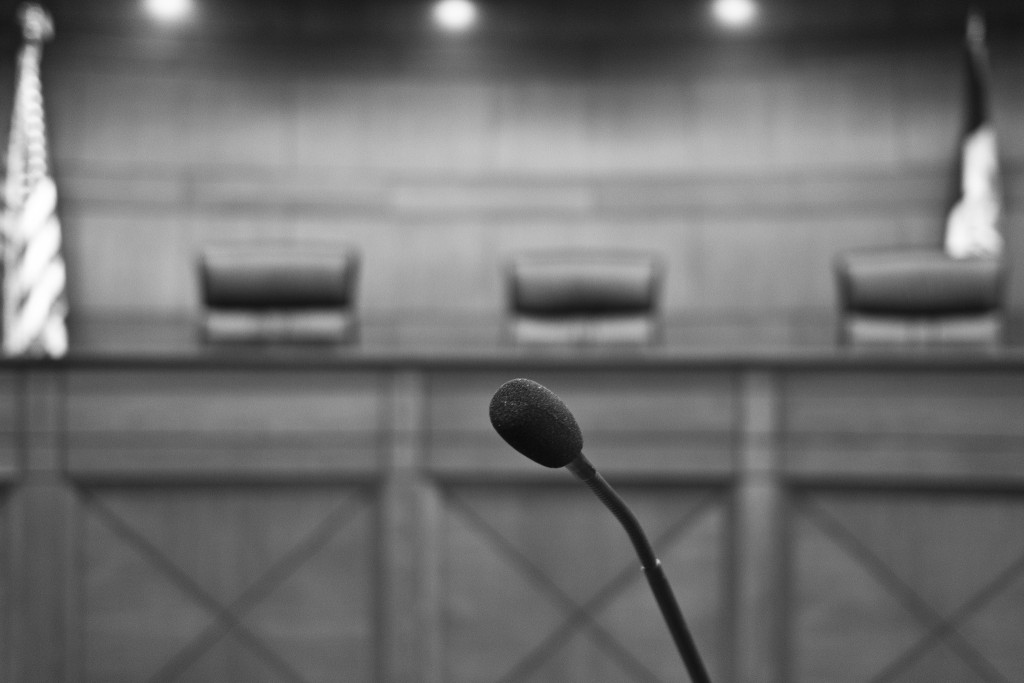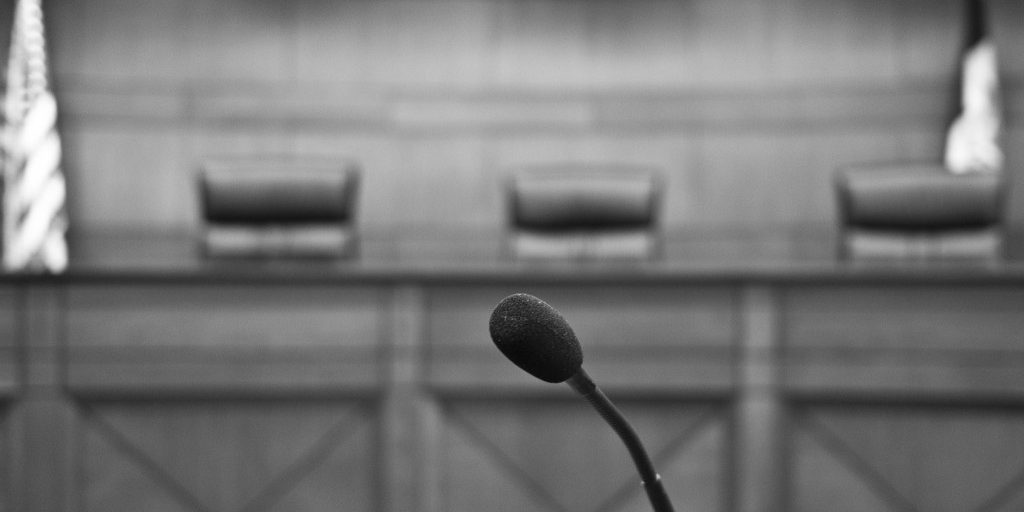
In Wisconsin, those facing felony charges are allowed by law to a pre-trial proceeding called a preliminary hearing. It’s also sometimes referred to as a preliminary examination or simply a “prelim.”
These prelims occur early in felony cases. In Wisconsin, defendants in custody have the right to have a hearing within ten days of his or her initial appearance. For those out of custody, the timeframe extends to 20 days.
If you’ve never been through this process before, you’re probably wondering what actually happens at a Wisconsin preliminary hearing and what its purpose is to the overall case.
To answer these questions and clear up any confusion over what these proceedings are for, we’ve summarized the process to make it easier to understand.
What is the purpose of a Wisconsin preliminary hearing?
The main purpose of these hearings is to require the State to show probable cause that the defendant committed a crime––in this case a felony.
Put another way, the prosecution must show a reason to believe the defendant probably committed a felony here in Wisconsin. Generally speaking, this is a relatively easy task for the prosecution in most circumstances.
If the State is able to find a witness capable of identifying the defendant as the person who possibly committed the felony in question and can testify that the crime was committed in the same county the trial is taking place in, there’s a good chance the requirements of the preliminary hearing will be met and the defendant will be “bound over” for trial.
How do preliminary hearings work in Wisconsin?
In 2011, the Wisconsin State legislature changed the laws regarding preliminary hearings to make hearsay (indirect knowledge from another person) admissible. This means a court can base its determination of probable cause either entirely or in part on hearsay––making it an even easier task than it was prior to this newer law.
This means the State prosecutor does not have to call a victim of the alleged crime to testify during the Wisconsin prelim and can usually have the case bound over from a law enforcement officer’s testimony of what the victim told him or her at the time.
What should I do at a Wisconsin preliminary hearing?
Before discussing what the defense can do at a prelim in Wisconsin, it’s important to realize that purpose of the hearing is to determine if there is some reason to believe the defendant committed the felony the State is charging them with.
With that in mind, the defense has the right to call witnesses, but this is rarely done.
Why?
Under Wisconsin law, the court cannot consider credibility at a preliminary hearing. In other words, even if a witness can testify to your innocence, just a single witness capable of testifying against you is enough to proceed to trial. Determining who is telling the truth requires a determination of who is more credible––an issue only dealt with during the actual trial.
If your Wisconsin criminal defense attorney advises you to waive your hearing, it’s crucial to remember you’re not giving up your right to a trial or to challenge the constitutionality of law enforcement’s actions.
You won’t be admitting your guilt, either. In the simplest terms, you’ll be agreeing that there are certain facts that support the conclusion of probable cause. That’s it.
The vast majority of preliminary hearings result in the defendant being bound over for trial.
What happens after a preliminary hearing in Wisconsin?
If the defendant is bound over for trial, they’ll be entitled to an arraignment where the State files an “information.” This document contains the charges, but no facts or probable cause sections.
When the defendant is arraigned, the State is allowed to add, subtract and/or modify the charges from the complaint to the information document.
The defendant will be made aware of the charges and will be given the opportunity to enter a plea before proceeding.
If you’ve been charged with a felony in Wisconsin, it’s extremely important to contact an experienced Wisconsin criminal defense attorney today.
If you are looking for knowledgeable, personable and effective legal representation, contact an experienced Beloit criminal defense attorney at The Fitzgerald Law Firm today for a free consultation. We understand that meetings may not be possible during traditional business hours, so please let us know a time that works for you and we’ll do our best to accommodate you.
Photo credit: Phil Roeder






